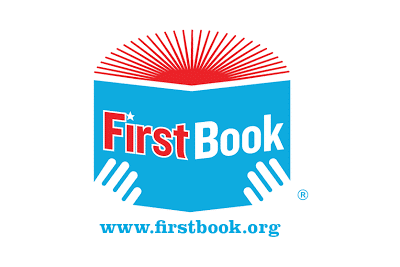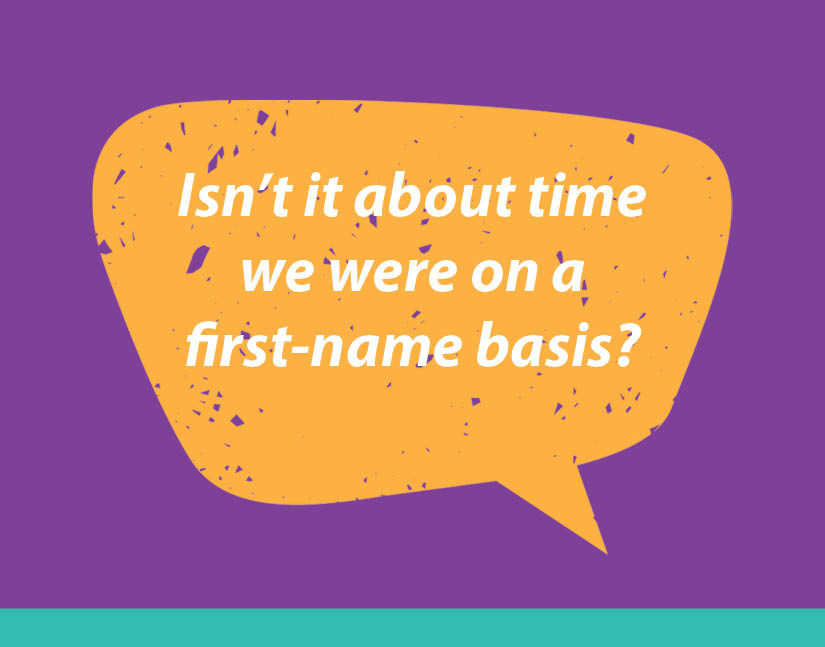In September, we announced that five cities were selected to replicate Providence Talks, one of the first early language initiatives implemented at the municipal level, with support from Bloomberg Philanthropies. During a special webinar in early November, we explored the ins and outs of the replication and strategic planning with panelists who helped to spearhead the project (in case you missed it, click here to view the recorded version). Here, we’re following up to answer some questions submitted during the webinar:
Q: What’s your vision for how LENA replication contributes to an enabling environment in each city for a wider range of supportive policies and programs that promote healthy child development and school readiness?
One of the benefits of philanthropy is that it can kick-start innovation. Our vision is that bringing LENA to these five cities will provide an opportunity for early childhood champions to take a risk, try something new, and prove the benefits for children and families. We also hope that this will create momentum to convene or reconvene touchpoints for children and families across each community.
We want to see LENA data fueling conversations about the importance of early childhood. Using LENA technology, cities can get the data and evidence they need to advocate for funding and services which can be difficult to quantify or difficult to connect to the current priorities of a government administration.
Our vision is that this replication lays the groundwork for expanded public and private funding for early childhood programs, a renewed focus on strategic data-collection and program evaluation (see a great example from Huntsville City Schools), and more expansive thinking about how to quantify and coach adults on increasing interaction with children.
Q: Is there any collaborative evaluation strategy, or is each city evaluating separately? How will the fidelity of key features of the model be measured?
We’re working with Brown University to create a draft plan for a broad, multi-city evaluation. We’re still planning that evaluation, trying to figure out how it looks across five cities, and whether the cities are open to that. It’s certainly been of interest, because evidence does matter.
One of the unique aspects of LENA technology is that it provides incredible, real-time insight. Each city can use the technology to gain insights into how things are going across their community. LENA has determined fidelity measures for implementations by program — such as the amount of time between LENA Days — that we’ll be looking at and encouraging the cities to take into account.
Q: Will there be upcoming opportunities for further replication/funding for this program?
At the moment, there’s not an open grant opportunity for cities interested in replicating Providence Talks through this partnership. The plan is to evaluate how the replication is going in these cities, determine if there’s any changes or additional support needed, and possibly open another grant cycle in the future with those adjustments incorporated. In the meantime, LENA does have a funding opportunity available for cities that are interested in launching LENA Start.






One Comment on “Providence Talks replication: Your questions answered!”
Hello!
I’m wondering if you have launched anymore programming, funding opportunities, or grants for replication of Providence Talks?
–a curious SLP in NJ, born and bred in RI